How our kids’ reading future is being rudely interrupted
If the latest wave of re-edited classics sounds like madness, it is. Children’s books are meant to be rude, aren’t they? Fart jokes? Yes please. So how did we even get here?

In which case, Australia’s all-time favourite children’s author, Andy Griffiths, is in real trouble. One of his bestselling books is called The Day My Bum Went Psycho. Let’s change that: “The day my bum took on the characteristics of a person with unusual and destructive personality traits?” That’s sure to get kids reading.
But wait, can we still say bum? After all, “ass” just got the chop from an audio edition of Enid Blyton’s The Famous Five, and it doesn’t even mean bum, it means donkey.
If this sounds like madness, it is. Children’s books are meant to be rude, aren’t they? Fart jokes? Yes please. So how did we even get here?
The effort to censor children’s literature began almost as soon as children’s books began to appear. Mark Twain’s Huckleberry Finn was once cancelled, and it was written in 1884. Should we really be surprised that some versions of Enid Blyton’s The Faraway Tree no longer have a Dick and a Fanny?
They have a Rick and Frannie.
People with dirty minds made that change. Kids, when they cottoned on to the possible double meaning, thought it was hilarious.
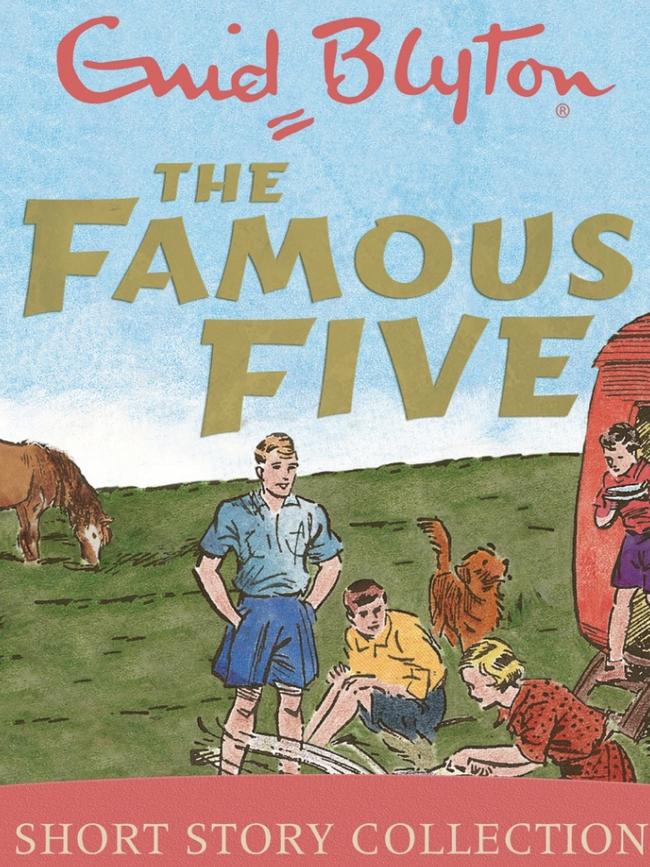
Taking a knife to the classics is far less amusing. Earlier this month, it was Roald Dahl’s books being put through a PC-rinse. Augustus Gloop from Charlie and The Chocolate Factory couldn’t be “fat” in the new editions, we were told. He has to be “enormous”. Never mind the point about gluttony that Dahl was trying to make.
The changes were suggested by the publisher, Puffin, which apparently works cold-dead-hand-in-glove with “sensitivity readers” whose business involves combing through books looking for words that might offend.
Because you just never know what evil lurks in James and The Giant Peach, right?
Happily, the edits caused a furore. Australian writers were among those to the barricades, alongside Salman Rushdie, who perhaps knows a little about the dangers of censorship. He described the edits as absurd.
And so, Puffin capitulated.
But Scholastic, which publishes the Goosebumps books, says it will continue to chop and change; and Hachette, which owns the rights to Blyton’s books, remains set upon its humourless path, too.
And since Blyton’s dead, what can one really do about it?
Never mind that the worlds in which Dahl’s characters live are not real. There is no chocolate river (why, oh why, can’t there be a chocolate river?) and there is no golden ticket to a place more magical than your own.
That’s an important lesson for children, and there are others in Dahl’s books: Greed is not good. Manners are important. Family is all. Which brings us to the point of children’s literature. We want children to read, so they learn. We want them to read, so they think.
Sometimes, we want to frighten them. Remember the wolf that huffed and puffed until he blew the house down? There’s a message in there, too: build your house from strong foundations, or the whole thing might blow away.
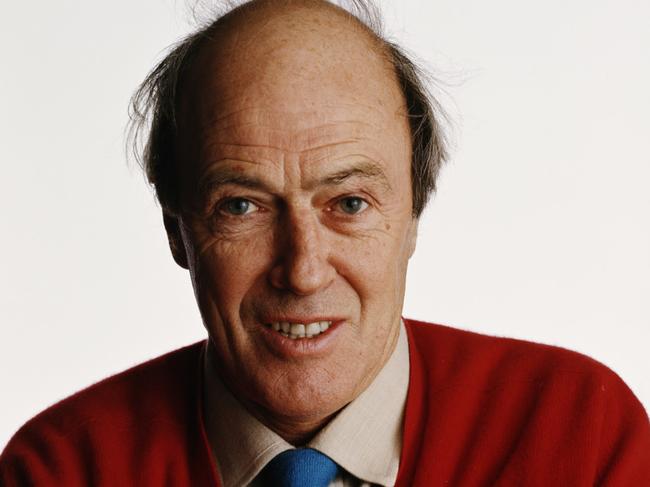
To encourage children to read, we must give them books that are enjoyable. Pious books won’t work.
Craig Silvey is one of Australia’s most beloved authors. Last year, he wrote a children’s book, Runt. It could be considered quite scary: a little girl is trying to train her mutt to win a prize at the local show, so her parents don’t lose the house.
“Young people are sophisticated readers. They are ready and prepared for these difficult conversations,” Silvey tells Inquirer. “If we remove those difficult aspects, we dilute the purpose of the experience that is reading.
“The notion that you’re helping children by protecting them from anything difficult or even traumatic is not helpful. Sit with them, read with them, talk to them.”
Silvey is “not generally in favour of editing old books to take account of new values. I am in favour of talking about why something may not be appropriate, as we’ve evolved. That said, it is not cut and dried”.
No, it is not. One of my favourite books as a child was Dot and the Kangaroo. I remembered it as a heartwarming tale of a girl who finds her way home after being lost in the bush. If that’s also how you remember it, hold on to your hat, because this is what I found when I dug out an old copy:
In the chapter called “Corrobboree” Dot comes upon an Indigenous tribe. She screams in fright.
“The tribe people were squatting in rows on the ground, beating boomerangs and spears together … it was a terrifying sight to Dot,” the book says.
“Oh, Kangaroo!” she whispers, “they are dreadful, horrid creatures.” “They’re just Humans,” replies the Kangaroo. “But white Humans are not like that,” said Dot. They are not “wicked and ugly in appearance”.
I would not read this book to a child today and that is my choice. But should the text be changed? It’s an idea that sits uncomfortably. Dot and the Kangaroo was written in 1899. It was of its time. We have grown as a nation. Going back to rewrite all the old books seems an odd way to acknowledge that and, as we’ve seen this week, any attempt to “protect” children quickly trips into absurdity.
Wendy Rapee is the national chair of the Children’s Book Council of Australia. She reads hundreds of children’s books every year, for the CBCA awards, and says: “We know that children’s books live long in the memory. As adults, we feel nostalgia for the books we loved when we were children. That is why there is so much emotion in this debate.
“The truth is, a book that we published 80 years ago, we might not publish today. Should we go back and edit, or censor them? I don’t think so. We are human beings. Our language is changing and evolving all the time.”
Tehani Croft is a teacher-librarian, who curates for her school library. She grew up in a country town where there were no newly arrived migrant children, “and no real diversity. So, we would see books with a mum, dad and two kids, all of them white, and that did not seem odd to us. But children today grow up in diverse classrooms, and today’s books need to reflect today’s values, and we are seeing people in books now that we never used to see before: a child in a wheelchair, a child with two mums, all of that. It reflects what Australia is now. I wouldn’t go back and change the old books. I would choose something new”.
You, as a parent, can do the same. Or not. Nobody will take my treasured Faraway Tree collection from me. Maybe that offends you, but hey, it’s still a free country: if you can’t find a book you like, don’t burn mine. Write your own.


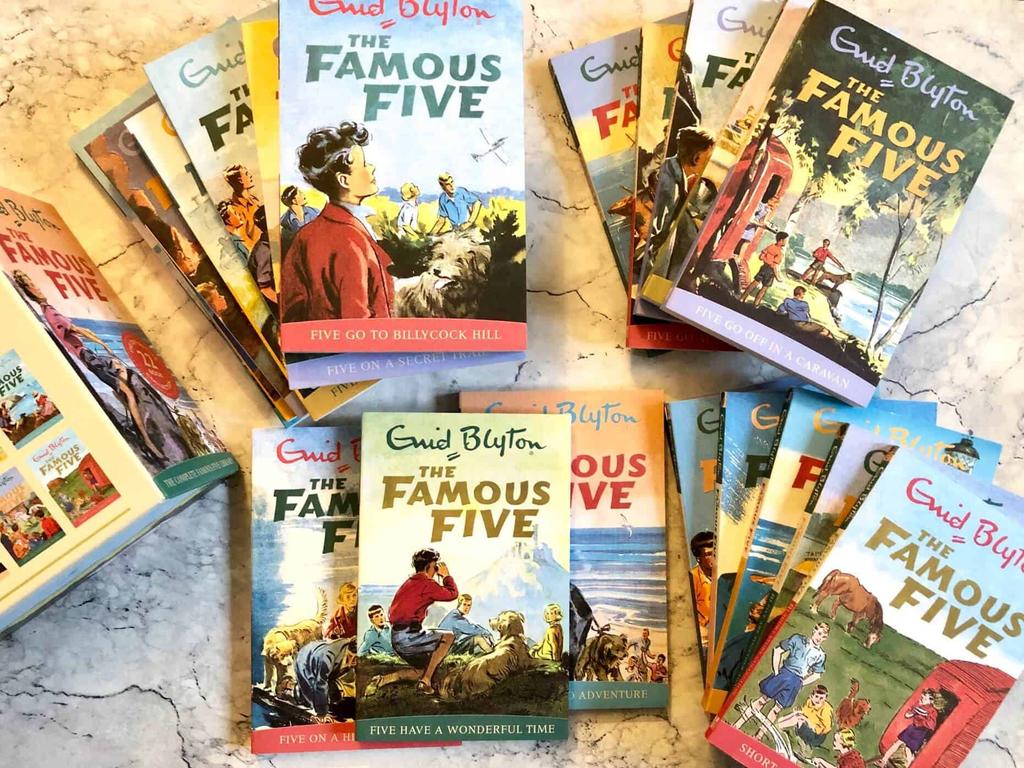

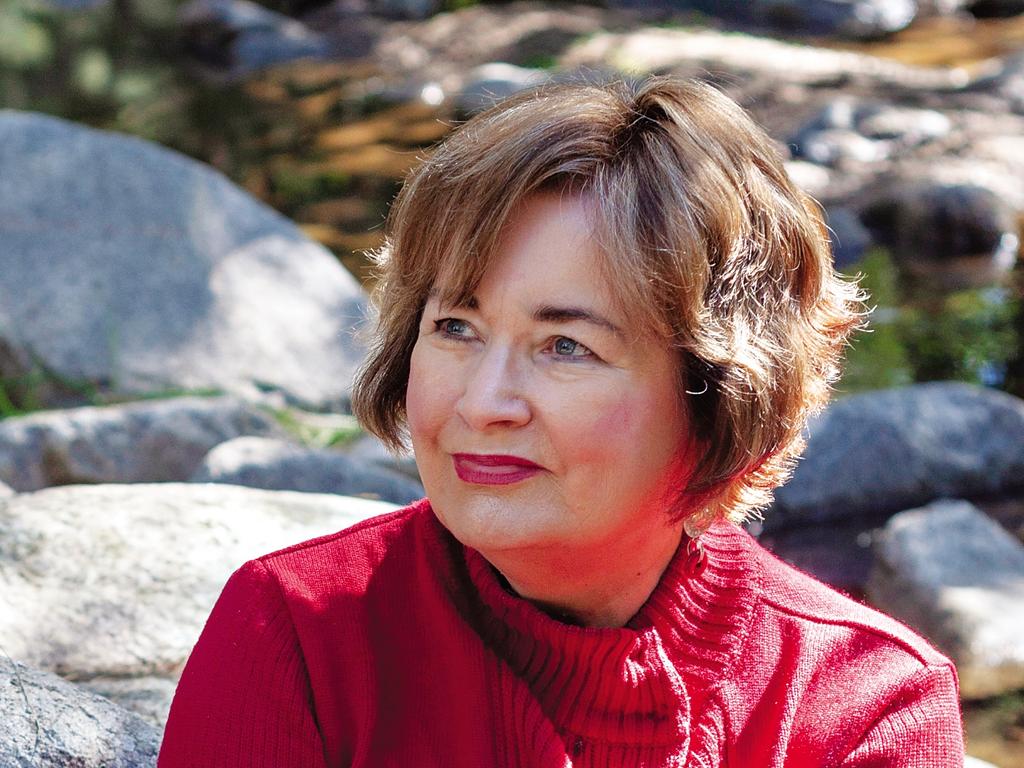
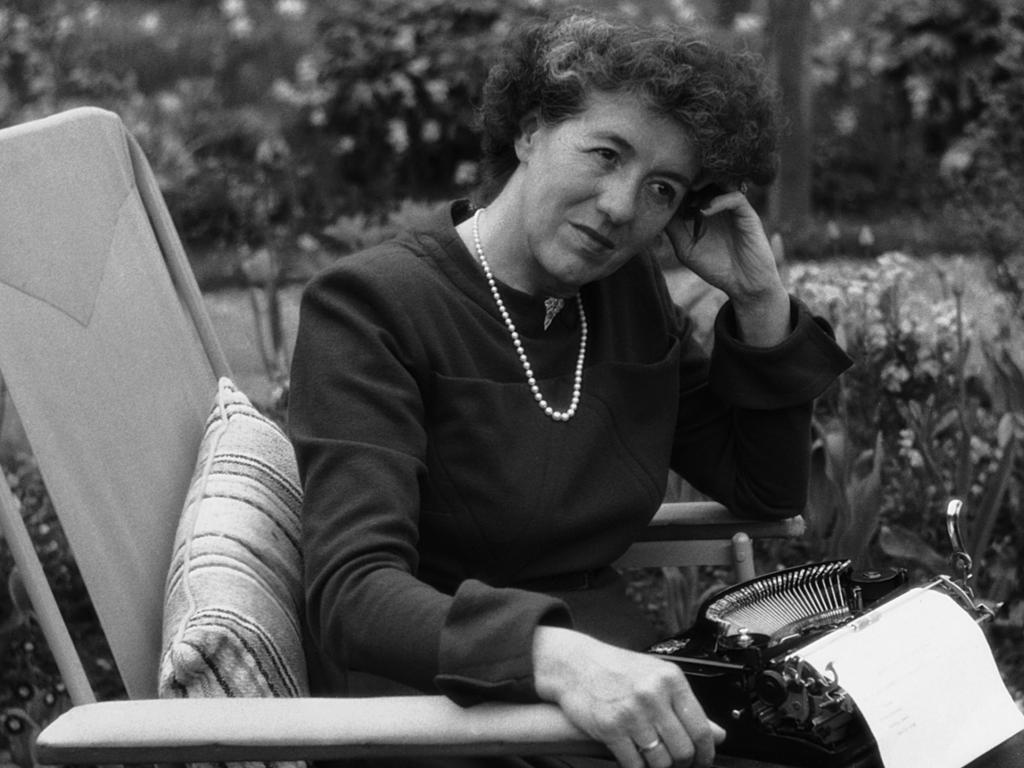


Hello and welcome to the day your children’s books went psycho. I’m assuming we can still say psycho, but since we’re editing “crazy” out of the Goosebumps books, maybe we can’t.